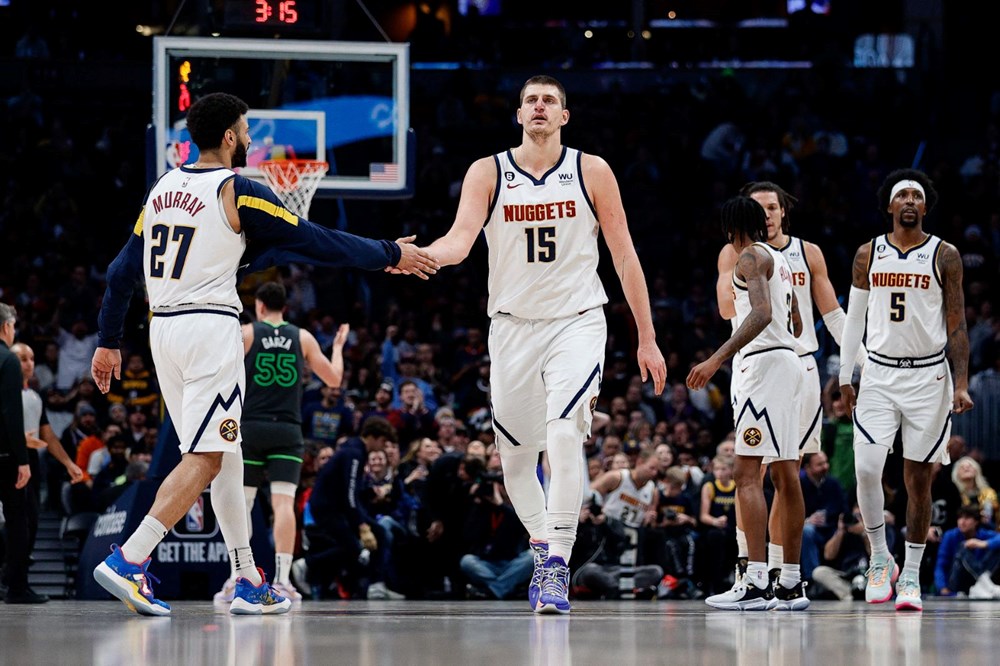Heading into the 2025 offseason, the Denver Nuggets face the challenge of strengthening their roster. Despite this need, they believe they are close to being championship contenders once more, having recently taken the eventual champion Oklahoma City Thunder to a grueling seven-game series in the second round of the playoffs. At the heart of their team remains Nikola Jokić, widely regarded as one of the best players globally.
Team president Josh Kroenke, son of owner Stan Kroenke, recently spoke to the media, sharing intriguing insights into Jokić`s future with the franchise. He confirmed a standard NBA procedure: the team will offer Jokić an extension this summer. However, Kroenke expressed uncertainty about whether Jokić would sign it, as waiting until the summer of 2026 would allow him to potentially secure a more lucrative deal.
A more unusual comment regarding Jokić`s long-term future arose when Kroenke was questioned about the team`s willingness to incur the financial penalties of the NBA`s second apron, a threshold they avoided last year when Kentavious Caldwell-Pope departed in free agency. Instead of directly addressing their spending strategy, Kroenke used the question as an opportunity to explain why they are hesitant, strangely volunteering the nightmare scenario for any Nuggets fan: the possibility of trading Jokić.
Kroenke stated, “I think that, for us as an organization, going into that second apron is not something that we`re scared of. I think that there are rules around it that we need to be very careful of with our injury history. The wrong person gets injured and very quickly you`re into a scenario that I never want to have to contemplate and that`s trading No. 15. And so, we`re very conscious of that pushing forward and providing the resources that we can when the moment arrives. But that second apron, is it a hard cap? I`m not 100% sure, but it`s something that teams are obviously very aware of going forward.”
It is quite striking how Kroenke transitioned from asserting the team is “not scared of” the second apron to immediately referencing the organization`s most dreaded outcome – trading their superstar – as the primary justification for why they are cautious about crossing that financial line. While team executives typically avoid giving the impression they are unwilling to spend, this statement strongly implies that the circumstances under which the Nuggets would enter the second apron are exceedingly limited.
The significant challenge this summer lies in upgrading the roster sufficiently without incurring the substantial penalties associated with the second apron. Much speculation has centered on the possibility of trading Michael Porter Jr. as a way to restructure the team`s finances and shake up the roster. However, finding a team willing to take on Porter Jr.`s current contract (reportedly two years and nearly $80 million remaining) while sending back valuable assets presents a considerable hurdle. Consequently, it appears probable that the Denver Nuggets roster starting the 2025-26 season will closely resemble the one that concluded the 2024-25 campaign.
The team`s stated justification for this cautious financial approach is to prevent a disastrous scenario that might necessitate trading Jokić. Yet, by prioritizing cost-saving and avoiding the second apron, they risk creating a different negative outcome: potentially frustrating their MVP superstar with a team that appears to be gradually regressing since its championship season due to perceived reluctance to invest further in talent.

